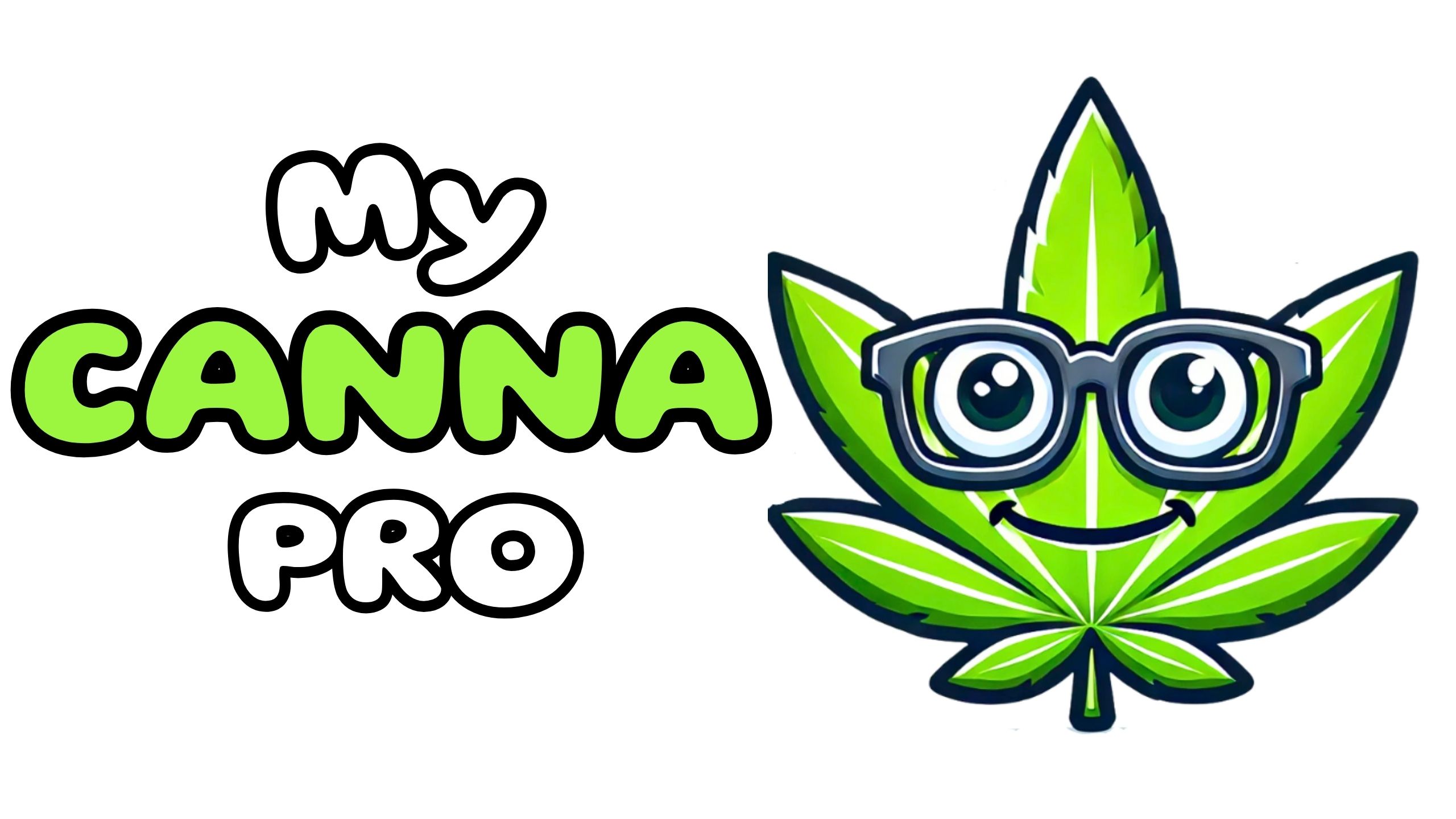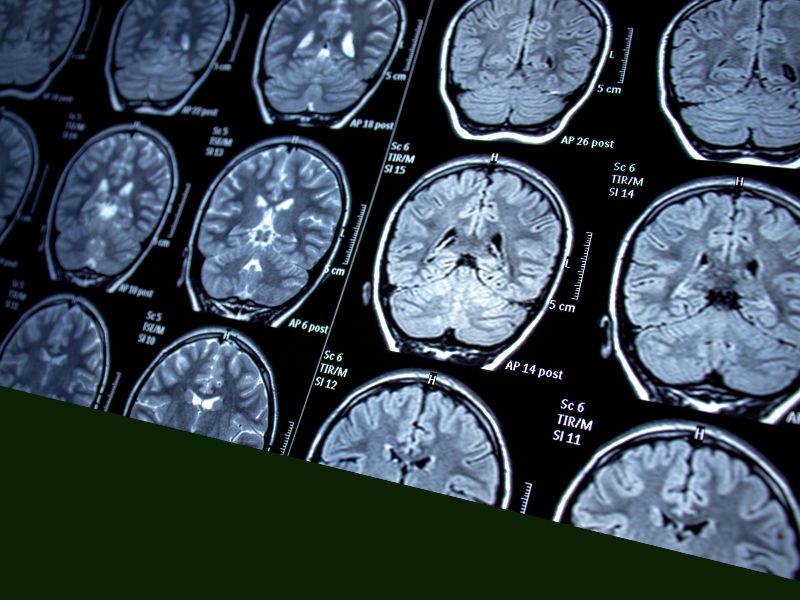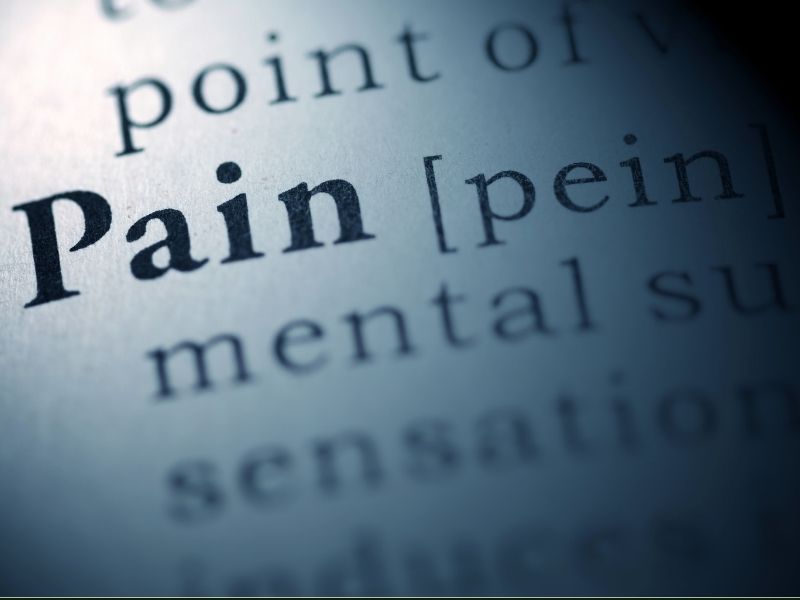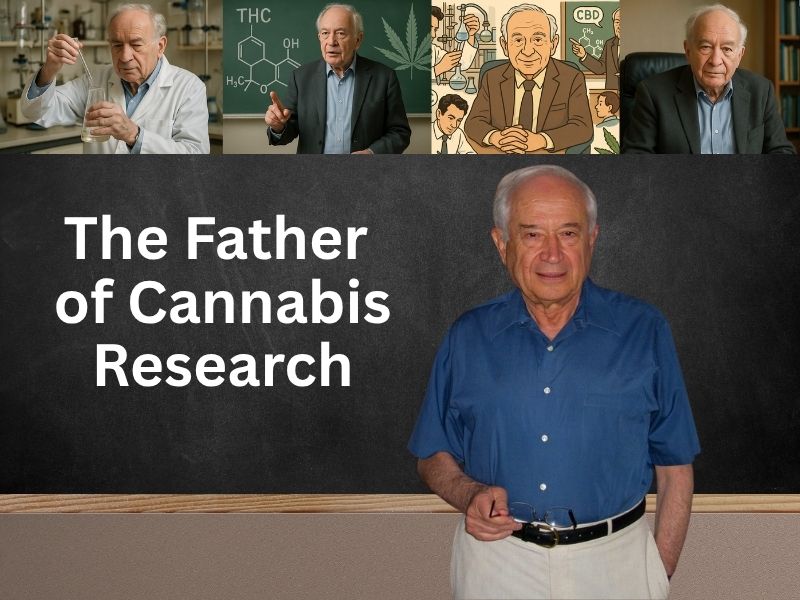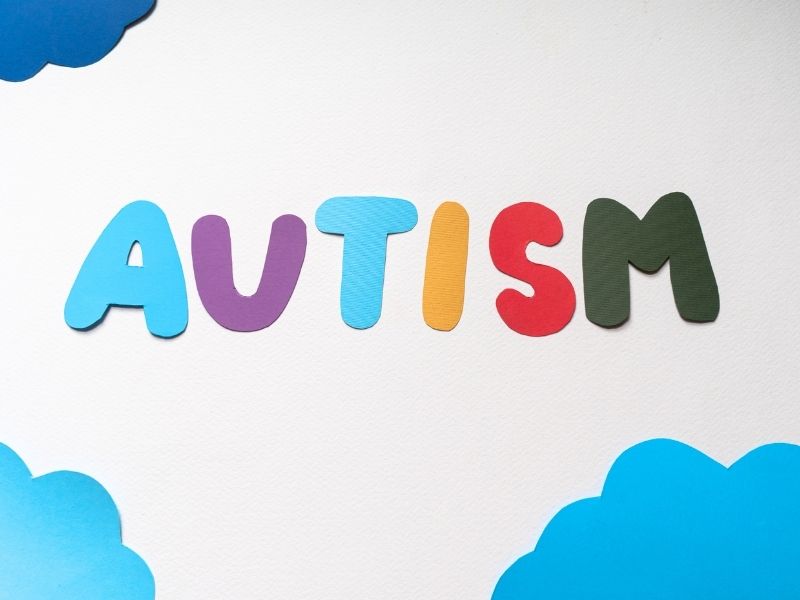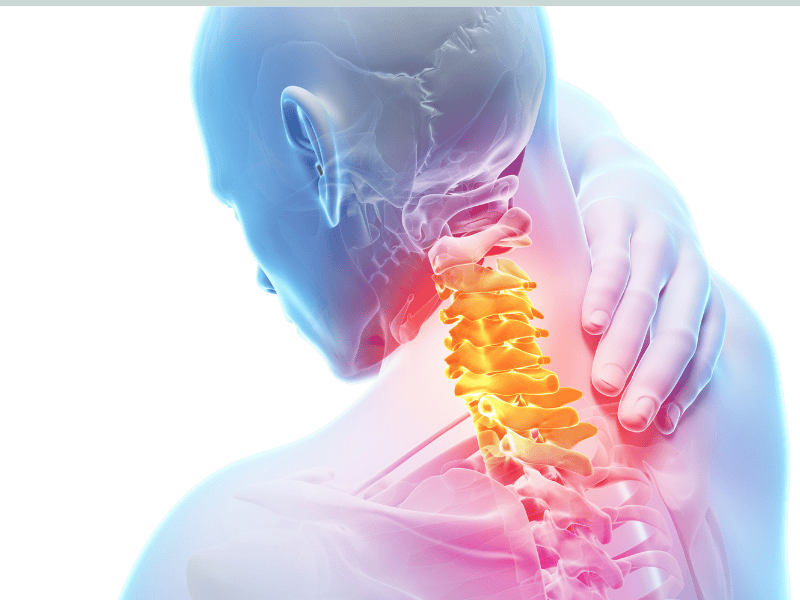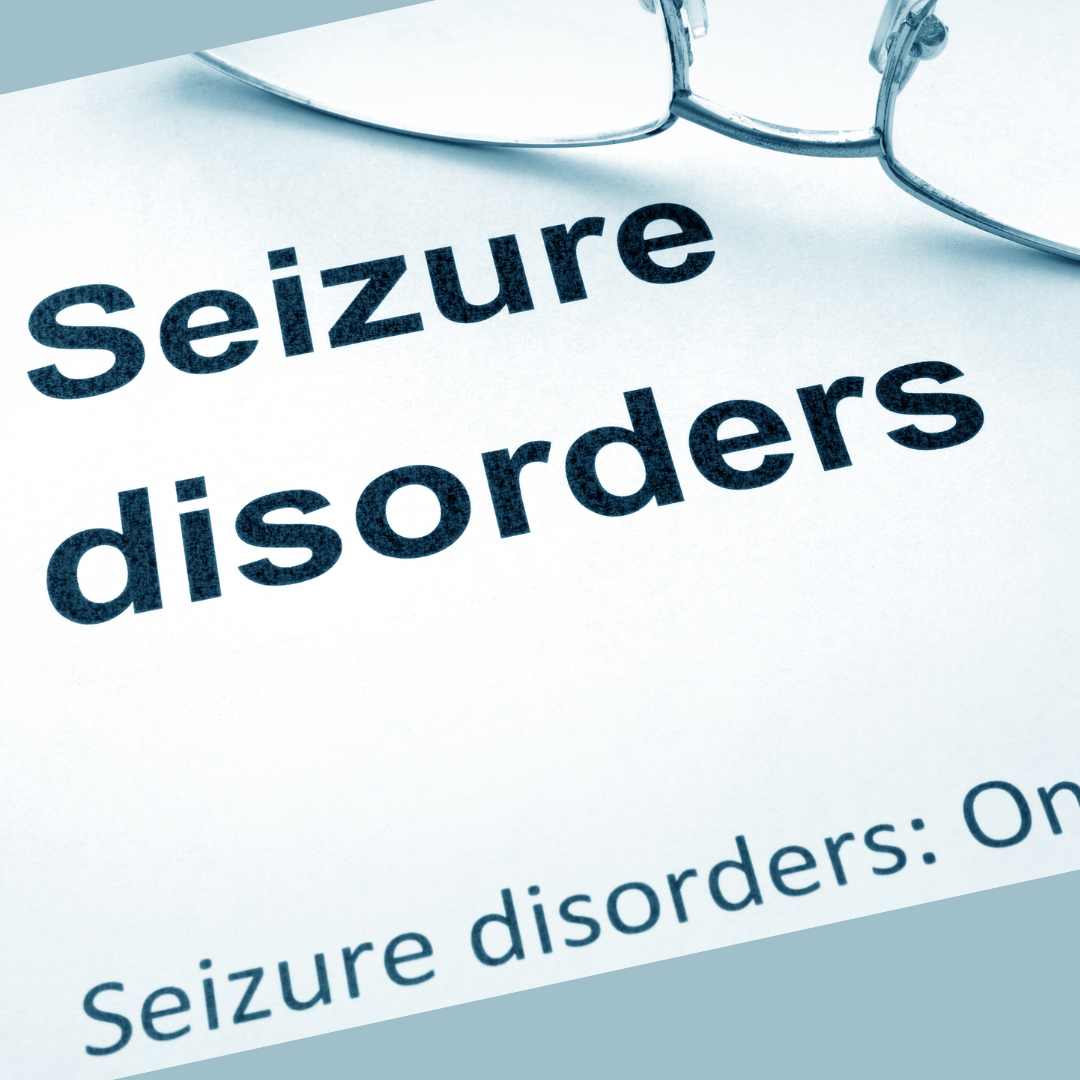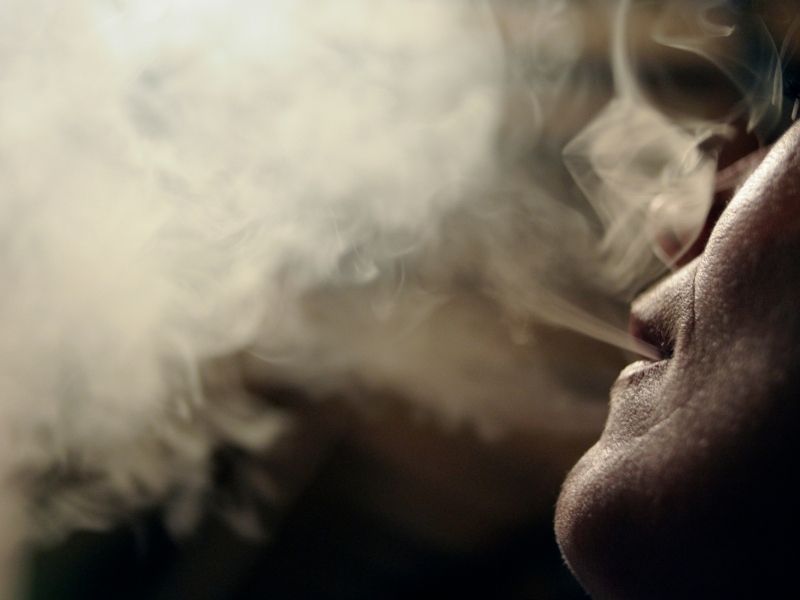The remarkable story of Charlotte Figi, a young girl whose life-threatening seizures were dramatically reduced by cannabidiol (CBD), captured global attention and significantly influenced perceptions about medical cannabis. Charlotte’s story, in many ways, opened the door for rigorous clinical research into CBD as a potential treatment for severe forms of epilepsy, such as Dravet Syndrome. Among the most influential studies resulting from this increased scientific curiosity is the groundbreaking clinical trial conducted by Dr. Orrin Devinsky and his team in 2017, published in the prestigious New England Journal of Medicine.
Dravet Syndrome is a rare, catastrophic form of epilepsy that begins in infancy and is characterized by frequent, prolonged seizures resistant to conventional medications. Families of children suffering from Dravet Syndrome often endure relentless challenges, as seizures severely impact cognitive, physical, and social development, and traditional epilepsy medications frequently provide inadequate relief and carry heavy side effects.
Against this backdrop of urgent medical need, Devinsky and colleagues conducted a rigorous, double-blind, placebo-controlled trial, involving 120 children and young adults diagnosed with Dravet Syndrome. Participants were randomly assigned to receive either an oral solution of cannabidiol (CBD), specifically Epidiolex—a purified pharmaceutical-grade CBD formulation—or a placebo, alongside their standard epilepsy medications.
The trial was conducted over 14 weeks, comprising a two-week titration period to gradually adjust dosage followed by a 12-week maintenance phase. Participants were closely monitored for seizure frequency, severity, side effects, and overall health status. Careful adherence to the randomized controlled trial design provided robust scientific evidence, helping eliminate placebo effects and biases, thus ensuring confidence in the study’s findings.
The results were groundbreaking. Patients receiving Epidiolex experienced a substantial reduction in seizure frequency compared to those given a placebo. Specifically, the median frequency of convulsive seizures decreased by nearly 39% in the CBD-treated group compared to roughly 13% in the placebo group—a statistically and clinically significant difference. Additionally, 43% of CBD-treated patients experienced at least a 50% reduction in seizure frequency, significantly higher than the placebo group.

Beyond seizure reduction, the study observed improvements in overall patient well-being. Parents and caregivers reported enhancements in alertness, sleep patterns, and overall quality of life in children treated with CBD, highlighting the treatment’s holistic impact beyond seizure control alone. Importantly, while side effects such as diarrhea, fatigue, decreased appetite, and somnolence were noted, they were generally mild to moderate and manageable.
The significance of the Devinsky et al. study cannot be overstated, as it represented the first high-level clinical evidence supporting CBD’s efficacy and safety in treating a severe medical condition. This trial directly contributed to the historic 2018 FDA approval of Epidiolex, making it the first cannabis-derived medication approved by the U.S. federal government for clinical use.
This FDA approval was a transformative milestone in medical cannabis history. It effectively opened the doors to broader acceptance of cannabinoid-based treatments within the medical community, significantly changing the landscape for clinicians and researchers. Prior skepticism and stigma around cannabis-derived treatments began to diminish, replaced by cautious optimism and an appetite for further rigorous research.
The influence of this landmark study extends far beyond epilepsy treatment. Its successful clinical trial methodology set new standards for cannabinoid research, demonstrating that cannabis-derived treatments could undergo rigorous scientific scrutiny and meet the highest standards of pharmaceutical regulation. This has subsequently led to increased funding, attention, and legitimacy for cannabis research across numerous other medical conditions.
Clinically, the Devinsky trial reinforced the need for patient-centered cannabinoid therapy and influenced countless clinicians globally to reconsider their positions on medical cannabis. The results have led to widespread changes in clinical guidelines and practices, particularly within pediatric neurology, where Epidiolex has become a recognized and highly utilized option for Dravet and related epilepsy syndromes.
Additionally, the legacy of Charlotte Figi and the compelling outcomes from the Devinsky study have accelerated patient advocacy and policy reform globally. Inspired by clear clinical evidence and powerful personal testimonies, numerous jurisdictions have amended their laws and policies to improve patient access to cannabinoid-based medicines.
In conclusion, the Devinsky et al. 2017 clinical trial on Epidiolex for Dravet Syndrome has been profoundly influential, not only providing crucial evidence of CBD’s therapeutic potential but also altering the trajectory of medical cannabis acceptance, research, and regulation. Through meticulous scientific rigor, this study offered hope and real therapeutic solutions to thousands of patients and families worldwide, fundamentally reshaping the medical cannabis landscape.

